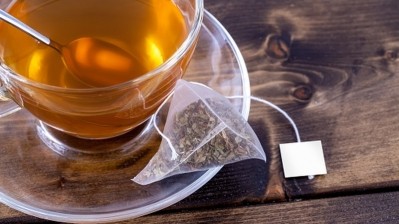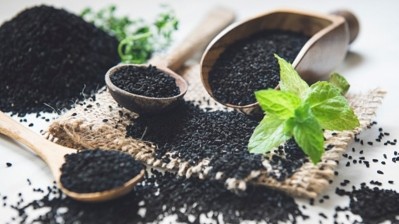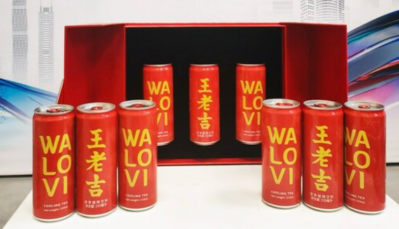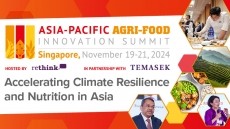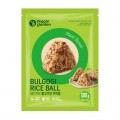Colourful tea: Artisan teamaker targets health and wellness sector to rebrand Indonesian brews
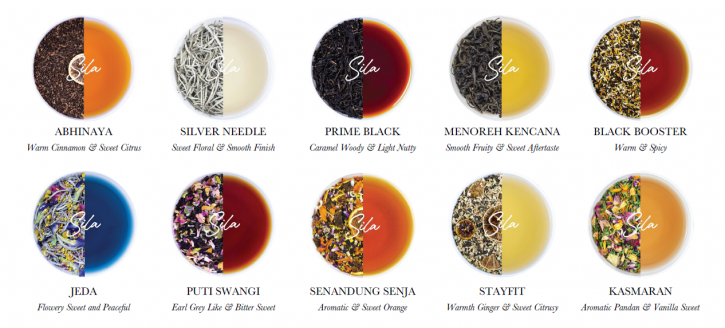
Indonesia may be one of the largest tea producers in the world, but it is not often associated with quality brews. Local brand Sila wants to change this by educating consumers through its specialty wellness teas.
Its recent market survey found that most Indonesian consumers equate local teas to low-cost common drinks, while international teas are seen as luxurious and good quality. This survey was done locally, but Sila feels this is a worldwide sentiment based on its market research in other regions.
“We want to convince people that we are not a producer of common retail tea. Ours are made from pekoe, the best grade of tea leaves. They make you feel special because every single blend is well thought out. We think of what the consumers need,” said Sila co-founder Redha T Ardias.
Colourful blends
Sila showcased 36 rainbow-coloured teas in its catalogue at FHA-Food & Beverage 2024, held in Singapore from April 23 to 26 April. It specialises in blending teas with herbs and spices that not only impart richness and aroma but are also associated with health benefits. Some of these include cloves, cinnamon, lemongrass, mint and pandan.
The draw of its products comes from their attractive packaging and focus on health and wellness. The company also gets creative with naming their tea to better relate to consumers.
One of its bestsellers is Jeda, which means ‘pause’ or ‘take a break’. White tea is blended with osmanthus, chamomile and lavender for stress relief, and French rose for its anti-inflammatory benefits. When brewed with hot water, it turns a warm blue that comes from telang, a flower known for its antioxidant qualities.
Stayfit is a refreshing yellow tea for those with an active lifestyle. It includes ingredients known to promote immunity and endurance, like lemon and ginger for colds and chills.
Kasmaran loosely translates into ‘falling in love’, a green tea blended with anti-inflammatory ingredients like amaranth, Indian redwood and jasmine. It blooms into a vibrant orange when steeped in hot water.
Other fancy concoctions include Senandung Senja (sunset melody), a bright orangey-red tea; Nada Juita (sweet notes), a brilliant red tea; and Cakrawala (horizon), a deep purple tea that resembles the colour of the sky just before dawn.
“Our teas are good for the body and soul. Plus they look nice and instagrammable, which is a bonus,” said Ardias of Sila’s eye-catching range.
Competing with coffee
Besides the low perception of Indonesian tea, another hurdle for Sila is the strong coffee culture worldwide. Consumers often appreciate specialty coffee brews – think ubiquitous Starbucks and Coffee Bean chains that popularise drinks like macchiatos, flat whites and espressos. But this is not the case for teas.
“You can spot a coffee place within a few hundred metres of each other in many cities. In Indonesia, most cafes offer coffee, and customers are willing to pay more for it. But they are not willing to pay a premium for tea,” said Ardias.
However, he observed that tea is gaining popularity because it is rich in antioxidants, anti-inflammatory and anti-ageing, which are important to the millennial and gen Z consumers.
Sila plans to leverage on this trend in its innovation strategies.
The team will go to Paris this October to promote blends with unexpected and exotic pairings.
One such blend will feature andaliman, a spice native to North Sumatra that has flavour notes reminiscent of the Sichuan peppercorn. It is also known to be anti-ageing and antioxidant.
“Andaliman is used in chilli sauces and condiments. When blended in the right proportion with tea, it can be refreshing,” said Ardias, who said his team is working on it.
Silas is also venturing into kombucha. As a commitment to producing sustainable all-natural products, Sila uses Indonesian produce as far as possible. All the ingredients are sourced within the country in support of local farmers. Only those that cannot be grown in Indonesia, such as lavender and chamomile, are sourced from credible suppliers in China and Turkey.
Expansion plans
Sila’s products are available within Indonesia via online platforms such as Shopee, Lazada and Tokopedia. The blends are also sold in artisan tea shops such as Nusantara in Malaysia, Chado Tea House in Turkey, Paru Tea House in San Diego, Harum Tea in Canada, as well as retailer shops in France and the UK.
As for plans in Asia, Sila chose to start in Singapore because there is a greater willingness and ability to spend on products for health and wellness. There are also practical considerations such as regulatory challenges.
“We’re an SME, so it can be challenging for us to comply with a lot of the complex regulations worldwide. We want to start in Singapore because the regulations seem more straightforward. Also, the people here are more health-conscious and appreciative of teas,” said Ardias.
He plans to charge between 80 cents to $1.20 per sachet, which is around US$1. This is considered pricey in Indonesia because of the low perception of its tea.
The origin of this mindset could be traced way back in history, when the Dutch brought tea to the region for cultivation. Most of the good quality tea have always been exported since then, leaving behind the lower quality leaves or tea dust, which the locals are used to.
But Sila is moving closer towards its goal of elevating Indonesian tea worldwide.
“We’ve already achieved our 2023 targets. We’re the first brand to promote artisan tea in Indonesia, and 20 million people around the world already know about Sila’s teas,” said Ardias.
